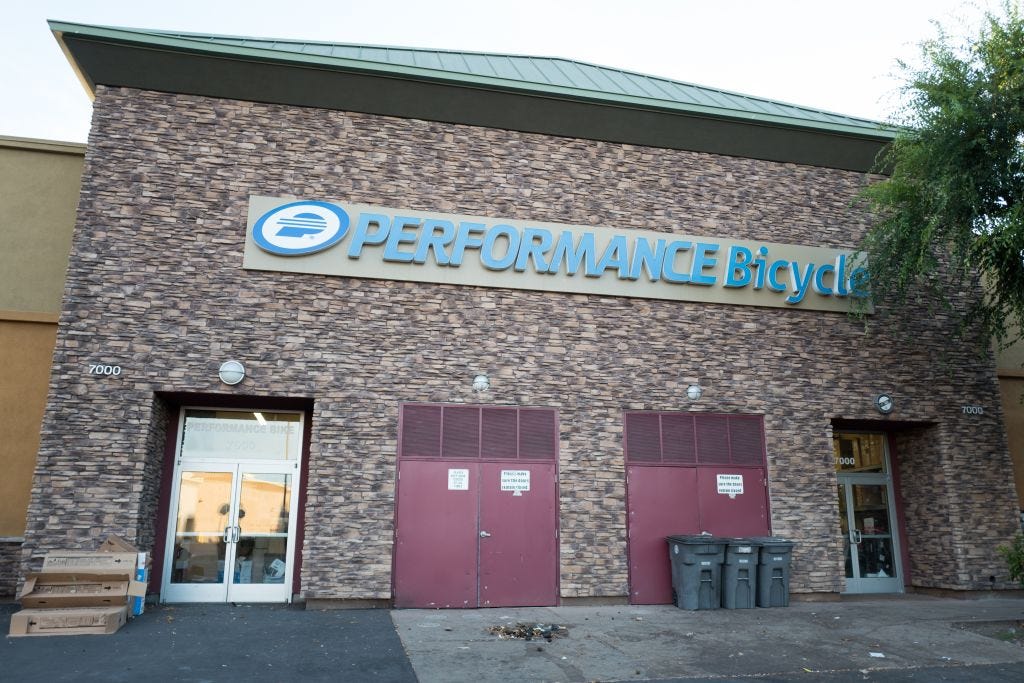When I was an undergraduate, I knew a few business majors. Some started off that way; others swtiched from fields ranging from biology to fine art because, well, they saw the starting salaries for folks with business degrees. One thing I couldn't help but to notice was that the "B" majors--at least the ones I knew--hated Economics, which was a required course.
I could understand: As bad as I was at math, I was worse at economics. Math by its nature is abstract, which is part of the reason I wished I could understand it better. On the other hand, it seemed that economics was abstract because, well, it could be, if that was how economists wanted it. Perhaps the business majors felt the same way.
After seeing those fellow students, it really came as no surprise, some years later, when some pundit--I forget whom--declared, "Most business people don't know a damned thing about economics, and most economists don't have a clue about business." The first part of that statement, I think, could apply to six of the seven US Presidents who were businessmen before they ran for office. (The exception, Harry Truman, failed at business but is generally regarded as a successful President, his decision to drop atom bombs on Japan notwithstanding.) They showed the world that the United States (or any other nation, for that matter) can't be run as a business in part because it's an economy.
One of those Presidents is, of course, Donald Trump. His tax cuts benefited people who didn't need them, and some would argue that they would have led to economic woes even if COVID-19 hadn't brought so much enterprise to a standstill.
Another of Trump's economic policies that probably exacerbated the problems wrought by the pandemic were the tariffs he imposed. He, like Herbert Hoover (one of the other businessmen who occupied the White House) passed them in the belief that making foreign goods more expensive would lead to more production in the US and "bring back American jobs." That didn't happen in either case. Nearly every economist and historian now says that the import taxes passed under Hoover’s watch (known as the Smoot-Harley Tariffs) helped to tip the stock market crash of 1929 into a full-blown depression just as, I believe, Trump's tariffs will be see as an accelerant of the current economic crisis.
What Trump didn't seem to understand is that no matter what economic theories you follow, simply making steel from China or India more expensive isn't going to cause new mills to appear, or for shuttered plants to re-open or abandoned or demolished factories to be re-built in Pittsburgh or Youngstown or Gary or Lackawana--or anywhere else in this country. Or, to put it in more technical terms, cutting off foreign supply does not lead to an increase in domestic capacity.
| Photo by An Rong Xu, for the New York Times |
I mention all of this because two leaders of the bike industry are showing that they are as ignorant of economics as Trump or Hoover. At the Taipei Cycle Online Expo, Bob Margevicius said, "There's a gold mine today in the bike industry, but you have to invest." Component makers, according to Specialized Bicycles' Executive Vice-President, are "very reluctant to invest in additional capacity."
His belief was echoed by Ton Anbeek, the CEO of Accell Group, which owns, among other brands, Batavus, Koga, Lapierre and Raleigh. Like Margevicius, he blamed the current shortage of bikes, parts and accessories on manufacturers' unwillingness to make more of them. "To meet the growing demand in the coming years, we need component suppliers to invest in extra capacity to produce more critical components and parts," he urged.
While both of them are right, at least in one sense--that more products won't be available if more of them aren't made--they are missing a point: Simply investing money isn't going to lead to more manufacturing capacity overnight, especially if new facilities need to be built. Their exhortations will no more bring more bikes, helmets, tires or locks to bike shops or online retailers than Trump's tariffs will cause steel to be made in the US. That might be the extent of my understanding of economics, but according to the old pundit, it's still more than what some businessmen seem to know!










